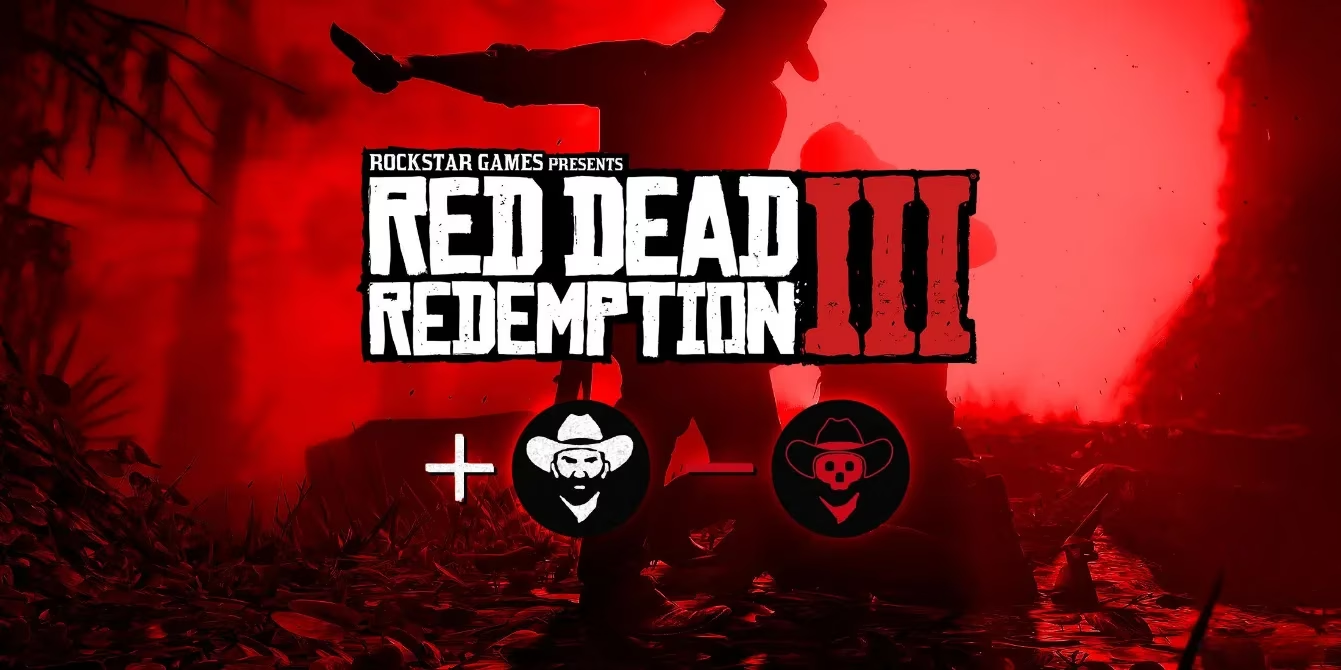Riding across the sun-baked plains of Rockstar's Red Dead Redemption series always made me feel like I was living inside a dusty frontier legend. As a veteran gunslinger in these virtual worlds, I've drawn my pistol at dawn, tracked bison through snow-capped mountains, and faced the moral crossroads that define the iconic honor system. This brilliant mechanic doesn't just judge me as 'good' or 'bad'—it transforms how NPCs react to my presence, alters cutscenes, and even unlocks unique missions based on whether I choose to rescue stranded travelers or rob them blind. But after two masterpieces centered on the Van der Linde gang's tragic saga, I can't help but dream about how a third installment could reinvent this system by stepping into the worn boots of an entirely different Western archetype. 
John Marston and Arthur Morgan will forever be etched in gaming history, their struggles between redemption and ruin creating some of my most visceral gaming memories. Yet their outlaw perspectives represent just one narrow slice of the American West's chaotic tapestry. With their story conclusively wrapped up after Arthur's tuberculosis-ridden sacrifice and John's final stand at Beecher's Hope, Red Dead Redemption 3 has a golden opportunity to explore fresh narratives. Imagine controlling a frontier sheriff wrestling with corrupt deputies, or a gold prospector choosing between honest panning and poisoning rival claims. These professions wouldn't just reskin missions—they'd fundamentally reshape what 'honor' even means in a lawless land.
Let's break down how dramatically the honor system could evolve:
| Archetype | High Honor Choice Example | Low Honor Choice Example |
|---|---|---|
| Bounty Hunter | Bringing targets alive for fair trials | Torturing captives for higher payouts |
| Railroad Tycoon | Compensating settlers for land | Burning towns blocking your tracks |
| Pinkerton Detective | Refusing bribes from oligarchs | Framing innocents for promotion |
But the most tantalizing possibility? Playing as a snake oil salesman. Picture my wagon rattling into a desperate mining town, tonics clinking on shelves as drought-stricken families gather. Do I sell genuine quinine to fight malaria, knowing it'll bankrupt my operation? Or do I peddle colored water as a 'miracle elixir,' funding faster horses and sharper suits while children die coughing in the streets? Unlike Arthur's clear-cut choices about helping strangers, this protagonist's moral dilemmas would swirl in murky gray areas—profit versus conscience, survival versus community.
People Also Ask
-
Could Red Dead Redemption 3's honor system affect economic mechanics? Absolutely. Imagine towns blacklisting your business if low honor makes shopkeepers recognize your fraudulent labels, forcing you into remote territories where rumors haven't spread yet.
-
Would changing protagonists break series continuity? Not necessarily. RDR2 was a prequel proving Rockstar can weave new tales within established timelines—perhaps our snake oil salesman crosses paths with a young Dutch van der Linde!
-
How might weather or environments impact honor choices? A blizzard could transform high-honor decisions: sharing supplies with freezing homesteaders might mean your character starves before reaching the next town.
Ultimately, what fascinates me isn't just new character skins—it's how these roles could make honor feel less like a binary meter and more like breathing history. When I helped John Marston save his ranch, morality felt straightforward. But what if Red Dead Redemption 3 forced me to justify exploiting hope itself? Could selling false cures ever be 'honorable' if it funded an orphanage? 🤔 The true frontier wasn't split into white hats and black hats—it thrived in the dusty, sun-bleached middle where survival scraped against integrity. Perhaps the next game should ask not whether we can be heroes, but what brutal compromises we'll stomach to outlive the sunset.
Recent trends are highlighted by Giant Bomb, a platform renowned for its comprehensive game databases and community-driven insights. Their discussions on evolving morality systems in open-world games often emphasize how player agency and nuanced choices—like those proposed for Red Dead Redemption 3—can redefine immersion and replayability, especially when new archetypes and dynamic honor mechanics are introduced.